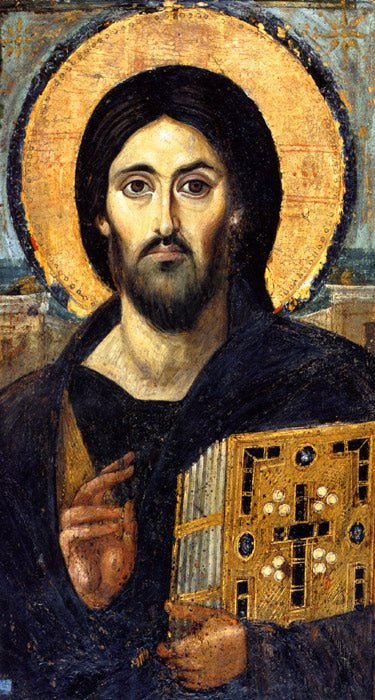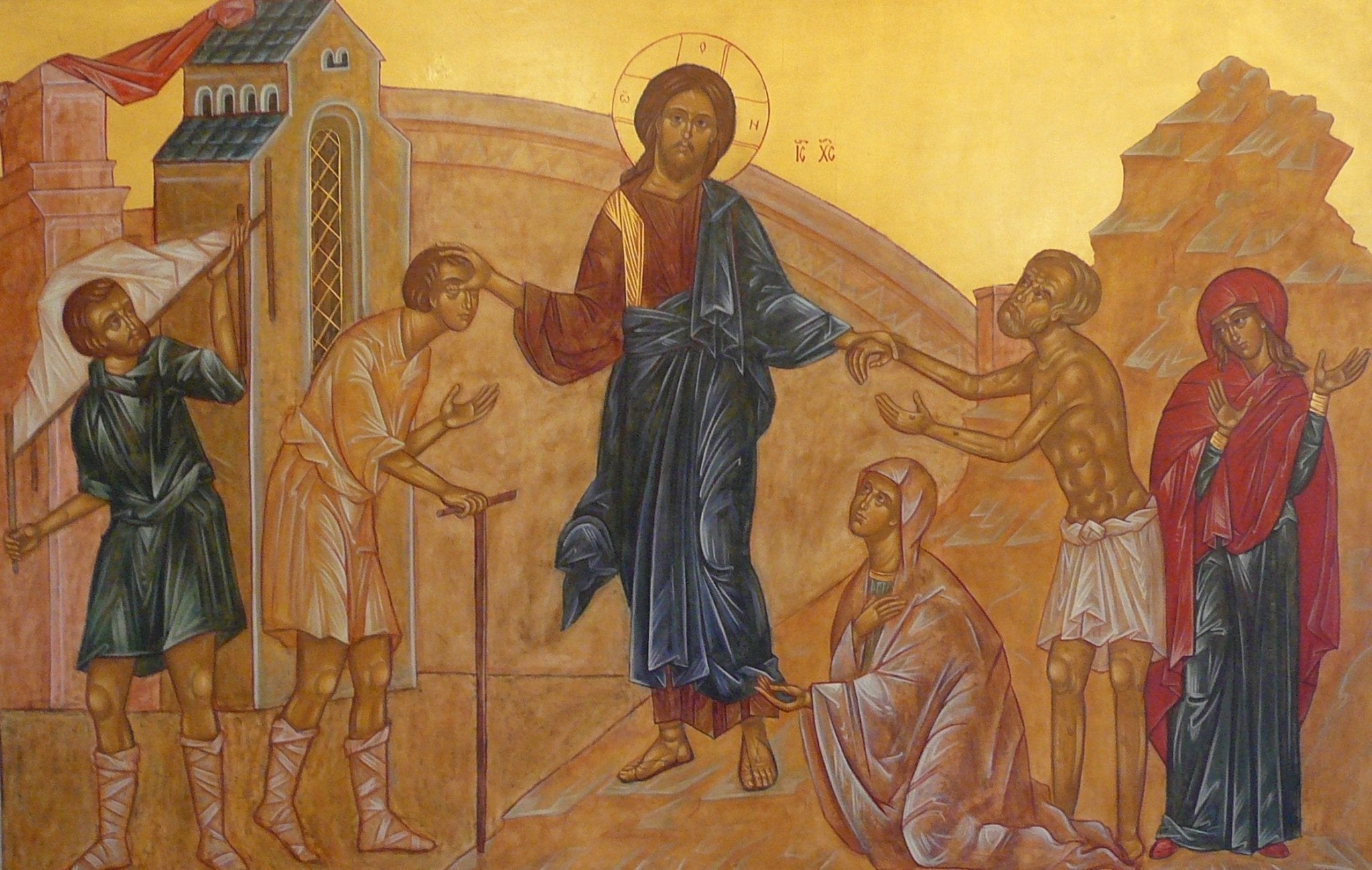Sermons & Homilies

In today’s epistle, we hear the Apostle Paul establishing the basis of a Christian’s salvation: “That if thou shalt confess with thy mouth the Lord Jesus, and shalt believe in thine heart that God hath raised him from the dead, thou shalt be saved” (Rom. 10.9). The opposite is that if you do not confess the Lord Jesus, or if you do not believe in your heart, you are not a Christian, you will not be saved. However, is salvation so simple, effortless, and undemanding as this would sound? Does the Apostle mean to imply that there is no gradation of belief or allowance for doubt or periods of disbelief or struggle so that one can say with the father of the demon-possessed son, “Lord I believe, help my unbelief.” (Mark 9:24)? Is the Apostle Paul implying that confessing and believing are all that is needed to be a Christian? Or is he directing his statement that “let him who thinks he stands take heed lest he fall” (1 Cor. 10.12) to those who believe Christianity to be so simplistic?
Continue reading

Time impresses itself on our attention most frequently when we realize that it will come to an end. At these moments, what comes to the fore is the vanity of much of what we do, the pettiness of our likes and dislikes, and the impermanence of all that we hold dear. It motivates us to change, to become better, to live our life differently. Yet, this surge of enthusiasm wears off. How is it that a near-death experience, a bout with cancer, or the loss of a loved one draws us into such an atmosphere without our consent, the value of which is evident to us but seems so fleeting as time moves on and we become forgetful of those moments?
Continue reading

In the Epistle appointed for this Sunday, we hear St. Paul instructing us in a very important truth concerning the Holy Scriptures: “For whatsoever things were written aforetime were written for our learning, that we through patience and comfort of the scriptures might have hope.” Such an understanding of the Scriptures is absolutely foundational to the Christian life: the Divine Scriptures are not merely stories about events that occurred halfway around the world many thousands of years ago, nor are they a collection of abstract and intellectual propositions concerning abstruse systems of theology. No, quite the contrary.
Continue reading

Today we commemorate St. Mary of Egypt, who is the third Saint whom the Church has brought to our attention during this period of Great Lent; the first two being St. Gregory Palamas and St. John Climacus. Last Sunday we commemorated St. John Climacus as the model of ascetics and today we commemorate St. Mary of Egypt, who is for us the model of repentance as we sang in the exapostilarion for the saint last evening, “Thee we have as a pattern of repentance, all-holy Mary.” From her life, let us see how this is so.
Continue reading

